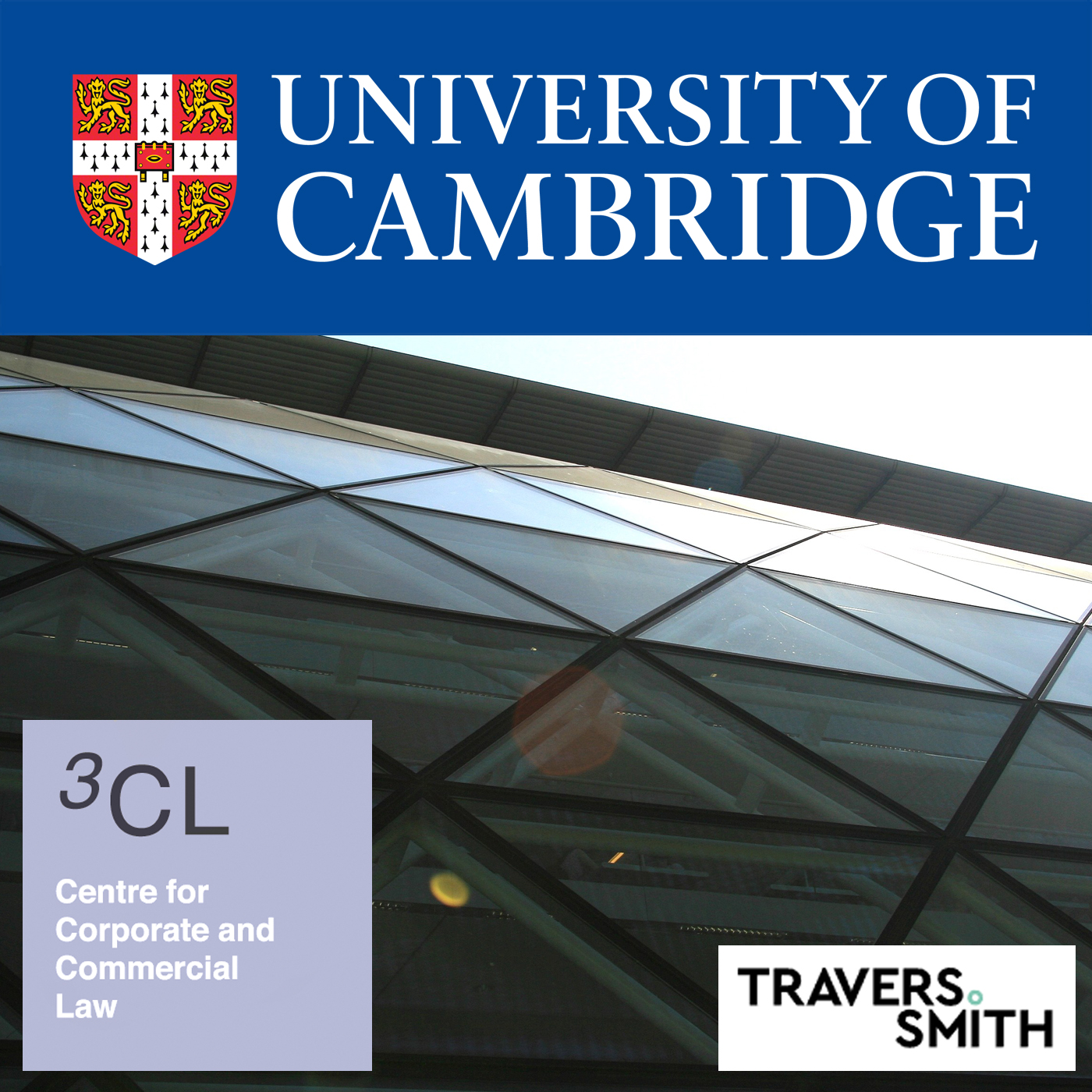'Conceptualising Overreach in the English Corporate Opportunities Doctrine' - Deirdre Ahern: 3CL Travers Smith Seminar
Duration: 34 mins 19 secs
Share this media item:
Embed this media item:
Embed this media item:
About this item

| Description: |
Professor Deirdre Ahern of Trinity College Dublin gave a lecture entitled "Conceptualising Overreach in the English Corporate Opportunities Doctrine" on 7 November 2017 at the Faculty of Law as a guest of 3CL.
3CL runs the 3CL Travers Smith Lunchtime Seminar Series, featuring leading academics from the Faculty, and high-profile practitioners. For more information on past events including recordings, please refer to the Centre activities page. For more information see the Centre for Corporate and Commercial Law website at http://www.3cl.law.cam.ac.uk/ |
|---|
| Created: | 2017-11-07 14:39 |
|---|---|
| Collection: |
3CL Travers Smith Seminar Series videos MOVED
3CL Travers Smith Seminar Series (audio) MOVED |
| Publisher: | University of Cambridge |
| Copyright: | Mr D.J. Bates |
| Language: | eng (English) |
| Abstract: | A director encounters a business opportunity which they would like to exploit for personal gain. In the classic English corporate opportunities tradition the law does not attempt a balancing act between the personal interests of a director concerning entrepreneurial activity and the interests of the company. This paper will explore the concept of doctrinal overreach whereby the law goes beyond the immediate protective needs of the company in capturing opportunities which a company would not have been interested in or in a position to take up. It will be argued that the overreach phenomenon expands the normative concern of the duty to avoid conflicts of interest beyond being simply focused on the individual director-company relationship. Doctrinal overreach undergirds broader societal values beyond individual company protection including stability, legal certainty and the preservation of existing corporate relationships. Legal certainty attained through inveterate application of rules rather than standards has assumed a core stand-alone value. |
|---|---|

